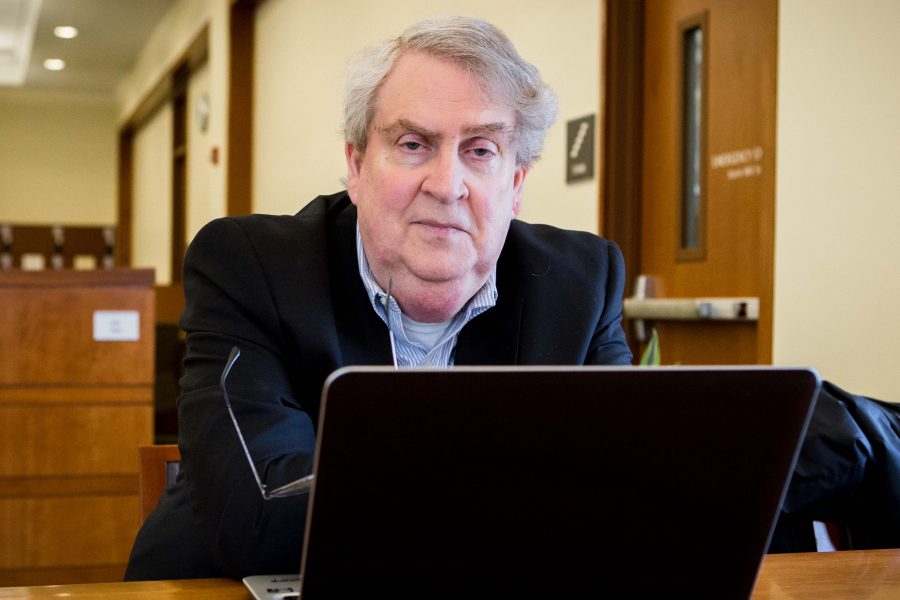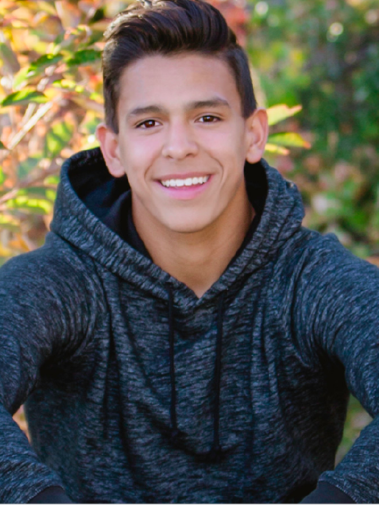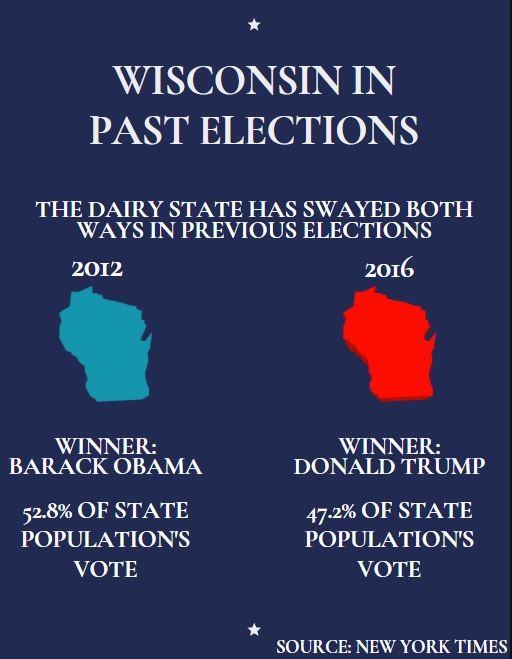John McAdams, a former professor of political science at Marquette, was suspended indefinitely without pay in 2014 after writing a post on his blog criticizing a graduate professor by name who did not allow a student to discuss the topic of same-sex marriage during their class.
McAdams filed a lawsuit challenging the suspension, which was ruled against by a Milwaukee County judge last May. McAdams has been in the process of appealing the decision since then.
McAdams’ appeal is being considered by a Wisconsin Appellate Court, which concluded briefing for the case Monday. He has also petitioned the Wisconsin Supreme Court for bypass, which would allow the case to skip the court of appeals and go straight to the Wisconsin Supreme Court. The results of that petition are forthcoming.
If the appeal is successful, two outcomes are possible: The court could require Marquette to reinstate McAdams, or it could send the case back to a lower court for reevaluation. If his appeal succeeds and he is required to be allowed reinstatement, McAdams said he would return to the classroom.
McAdams said despite the case attracting significant first-amendment attention, it is really about Marquette’s breach of contract.
“The first amendment does not automatically apply to private schools, private schools can restrict speech,” McAdams said. “Marquette, however, has a clause in faculty contracts saying that faculty have all the free speech rights guaranteed under the United States Constitution.”
Rick Esenberg, president of the Wisconsin Institute for Law and Liberty and McAdams’ lawyer, said there are a number of reasons McAdams’ appeal could be successful, among them the precedent-setting nature of the suit regarding academic freedom.
“You cannot be forced to silence yourself because of the possibility that someone else will read what you say and behave irresponsibly,” Esenberg said. “The limit of your right to freedom of speech can’t be the worst possible reaction on the part of someone who reads your speech. “
Both McAdams and Esenberg said that the case is stronger because the faculty hearing committee involved in the decision to suspend him was not impartial. One of the faculty who sat on the committee had previously signed a petition against him but was not excused from the committee because of it, McAdams said.
Esenberg said Marquette’s use of a faculty hearing committee was inappropriate for this situation. [Marquette tries] to draw an analogy between the faculty hearing committee and a jury,” Esenberg said.
“That’s inappropriate in a case involving freedom of expression because freedom of expression is a right against majority sentiment.”
University spokesperson Brian Dorrington said in an email that this issue is about Marquette’s efforts to stand up for its students.
“We’ve maintained throughout this process that a personal attack on one of our students is simply unacceptable,” Dorrington said. “Dr. McAdams’ tenured peers on the Faculty Hearing Committee concluded, unanimously, that he breached his core duties as a Marquette professor when he used his blog needlessly and recklessly to harm a Marquette graduate student.”
McAdams expects to hear a decision on the case and the petition to the Wisconsin Supreme Court this month.





